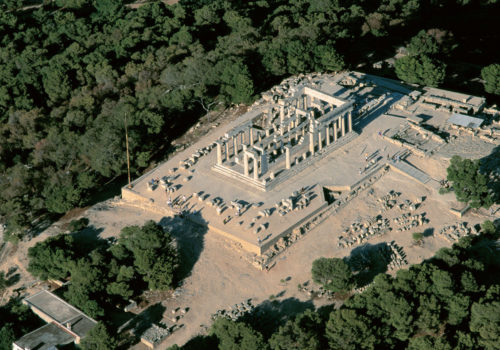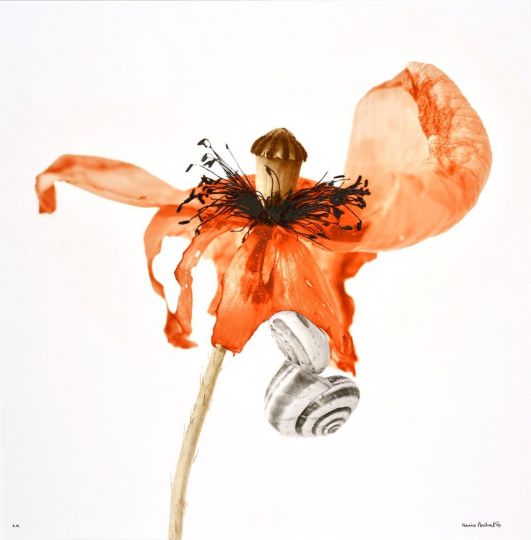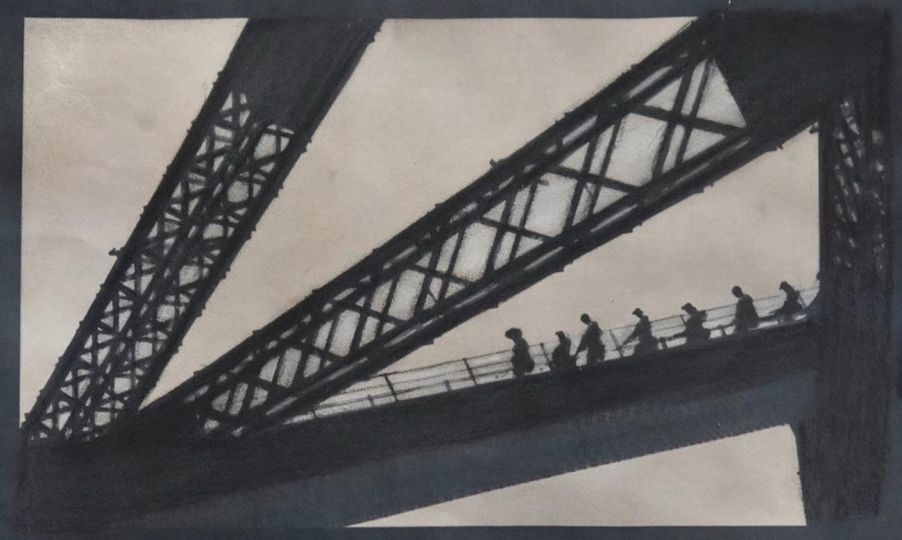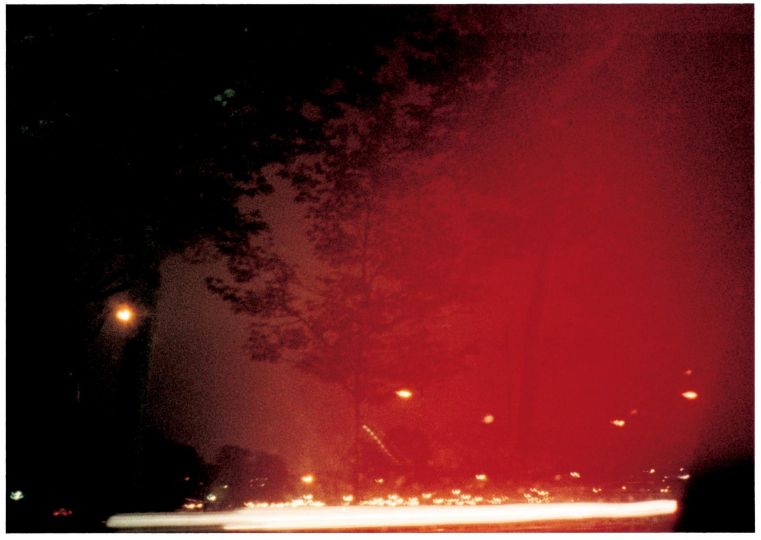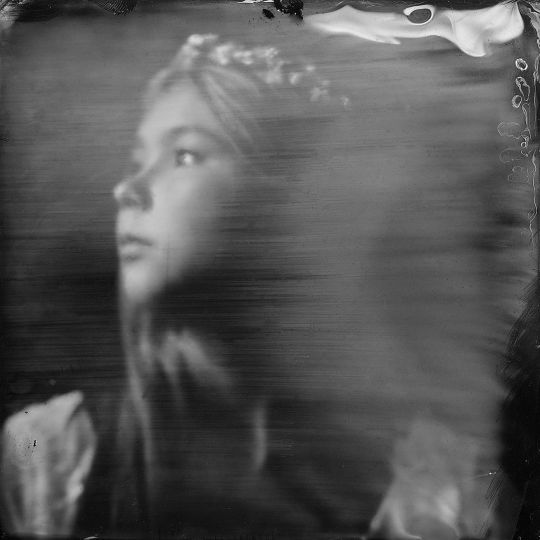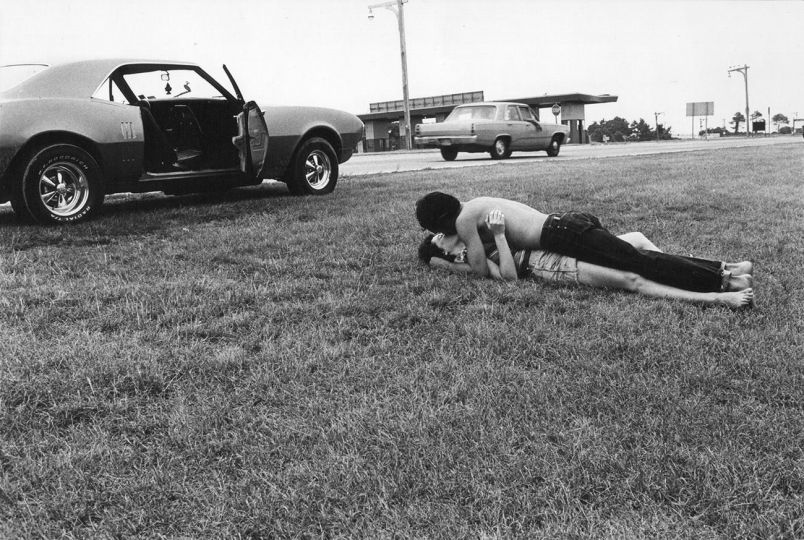Perhaps nothing is so romantic as what remains after that which was great has long faded away. The Romantic era of the nineteenth century was founded upon this, the idea that emotion is an authentic source of aesthetic experience. And the emotions Romanticism values most are those the remind us of the frailty of human life. Horror, terror, and awe allow us to stand face to face with the sublime in order to understand greatness is beyond the realm of the known.
I have always said that if you want to leave your mark, make a building or a book. Because both these media transform our experience while upon this earth. And in this way, perhaps there is nothing quite so compelling as a book about buildings, or, rather, for me, a book of ruins and remnants to excite the imagination. The Sites of Ancient Greece (Phaidon) features a selection of aerial photographs taken by George Gerster, shot from the perspective of the gods themselves. Taken over a period between 1996 and 2006, with more than 100 photo flights, Gerster’s lens reveals a new understanding of the space where the past and the present connect.
Ruins, when seen from above, resemble nothing so much as blueprints of what once stood, tall and proud. The historical sites featured in this book include the apex of Greek culture, or rather, what is now seen as the beginnings of Western civilization. From the Parthenon in Athens to the oracle at Delphi, the mountain-top monastery at Meteora to Mount Olympus itself, Gerster’s photographs reveal the effects of time on our understanding of history.
Ruins are romantic because they are about absence, and nothing is quite so compelling as that which glows in the light of imagination. Ruins allow us to participate in a way that nothing else ever could—we simultaneously envision what once stood while asking ourselves, What happened, and, Is that my destiny as well? For each and every one us who walk this earth is compelled by the idea of leaving something after we are gone. It is these immortal longings that compel us to produce, not just to enhance our experience while alive but to leave a legacy—to be remembered for who we were.
Gerster’s photographs remind us that history is defined by perception and not by reality. History may be told by the victors, but it only exists so long as we participate. Anicent Greece holds our imaginations in sway because so much remains of what once was, and its influence was so powerful that throughout the history of the Western world, we find ourselves becoming self-referential. We claim Greek culture as the basis of our own, and we hold their ideals about art, politics, and philosophy as an example of humanity’s greatest possible self.
And so it is that Gerster’s photographs allow us to imagine ourselves as part of this world, by virtue of providing us with the perspective of being above it all. From this vantage point we can see what it is to be a part of a world that has long since vanished, and to imagine ourselves as participants, or as armchair tourists. Either way, we get to engage in a way that we never could were we to see the sites from the ground. Gerster’s lens allows us to fly freely, to take it all in with just one glance.
With these photographs we can begin to understand culture and civilization in a new way. These photographs are at once striking images unto themselves and documents of a time and place. The time is now but the place is the past—we are at once straddling the space where time simply collapses. And in being in this space, Gerster allows us to consider the photograph itself as a means to telling us a story which has no beginning and no end.
Miss Rosen
The Sites of Ancient Greece
Georg Gerster
Text by Paul Cartledge
Phaidon, 2012
Hardback
English
290 x 224 mm, 11 3/8 x 8 7/8 in
160 pp
100 Illustrations couleur
ISBN-13: 9780714860848

